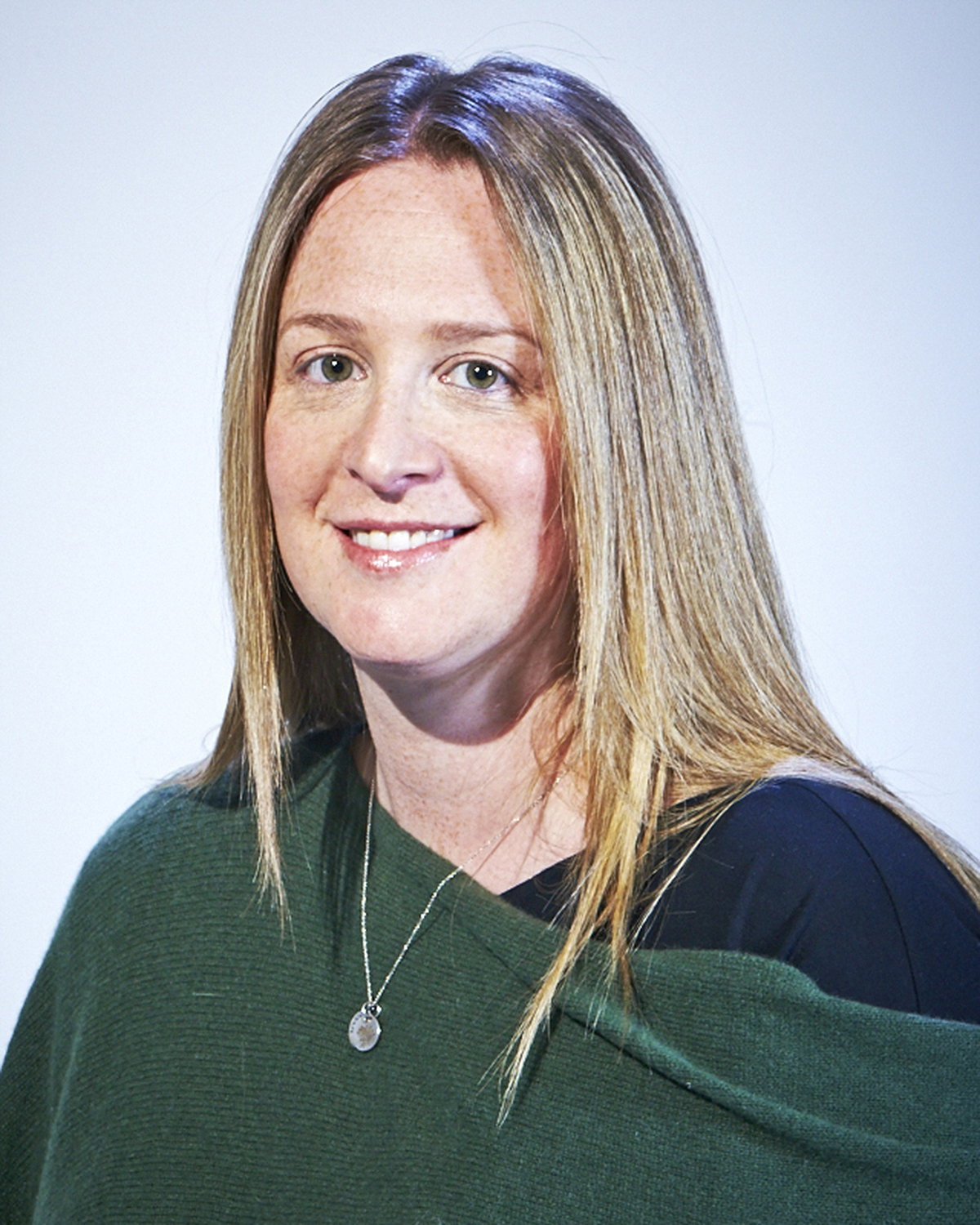The Power of Ideas
The Tastemakers

Photograph by Jeff Brown. Styling by Maryelle O’Rourke/Team.
Food for Thought
Six local ideas that are changing how we eat.
THE GROWERS
Jon Friedman and Brad McNamara
President and CEO, Freight Farms
The Idea: Making new space to grow food—anywhere.
It’s now possible to cultivate a bounty of fresh, local produce miles from the nearest farm—if you have access to a “Leafy Green Machine.” Designed by Friedman and McNamara from “upcycled” shipping containers, Freight Farms come ready-made with high-tech hydroponic equipment suitable for growing leafy veggies and herbs like basil, arugula, and kale in any climate. Freight Farms may have started locally, but its mobile units are now cropping up everywhere from San Antonio, Texas, to Edina, Minnesota.
Courtney Hennessy and John Stoddard
Cofounders, Higher Ground Farm
The Idea: Bringing urban farming to new heights.
The merits of rooftop gardening are obvious: optimal sun exposure for produce, reduced cooling and insulation costs for the building, easy access to quality product. Now imagine those effects on a huge scale—the Boston Design Center’s 55,000-square-foot roof. Since debuting last spring, Higher Ground’s output has landed on the menus of high-profile local restaurants like Neptune Oyster, Tavern Road, and Tres Gatos.
THE PRODUCERS
Darnell Adams, Brad Stevens, and Roz Freeman
Managing Director, Executive Chef, and Operations Manager, CropCircle Kitchen
The Idea: Letting small food businesses think big.
Since 2009, CropCircle Kitchen has launched startups by providing shared cooking and storage space in Jamaica Plain. The demand has been so great that this spring the team will open a new 36,000-square-foot facility in Dorchester. To learn more about the enormous undertaking, take a closer look at this “Collaborative Kitchen.”
Michael Leviton
Chef, Lumière, Area Four, and A4 Pizza Bar
The Idea: Sustainability, one dish at a time.
Terms like “local,” “sustainable,” and “seasonal” are a way of life for Leviton (pictured above). As the chair of the board of Chefs Collaborative, a national coalition of sustainability-minded tastemakers, he helps chefs around the country make positive changes in their restaurants, from sourcing antibiotic-free meat to choosing less-heavily-fished seafood selections.

Photograph by Jeff Brown. Styling by Maryelle O’Rourke/Team.
THE SERVERS
Ashley Stanley
Founder and CEO, Lovin’ Spoonfuls
The Idea: Getting excess food to the hungry.
Stanley started her food-rescue nonprofit Lovin’ Spoonfuls in 2010 with a single insulated truck. Four years later, she’s now up to a fleet of four, and is on track to rescue one million pounds of excess food in 2014. The trucks travel throughout Greater Boston picking up overstock at large-shelf grocers and farms, then redistribute it to organizations like Rosie’s Place and the Pine Street Inn. Now Stanley has plans to expand throughout the state, and eventually across the country.

Photograph by Jeff Brown. Styling by Maryelle O’Rourke/Team.
Doug Rauch
Founder and CEO, the Daily Table
The Idea: A restaurant serving expired food.
Here’s a dirty little secret: Food that’s past its sell-by date isn’t necessarily spoiled. In fact, with the Daily Table, former Trader Joe’s CEO Doug Rauch has decided to sell wholesome, nutrient-rich, ready-made meals made with food that’s past its prime. This summer he’ll open a 9,000-square-foot takeout restaurant meets grocery store in Dorchester, utilizing past-sell-date food and excess product from farms and large-scale retailers to help keep costs down. A recent Harvard study gave the practice a thumbs-up. Waste not, want not.


